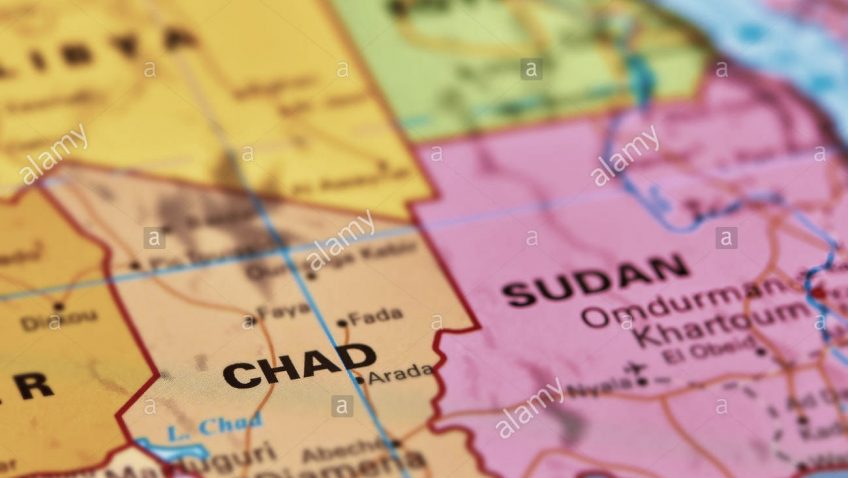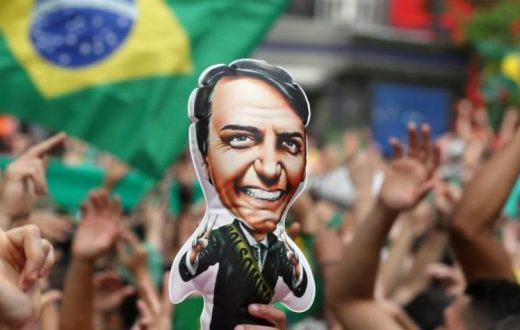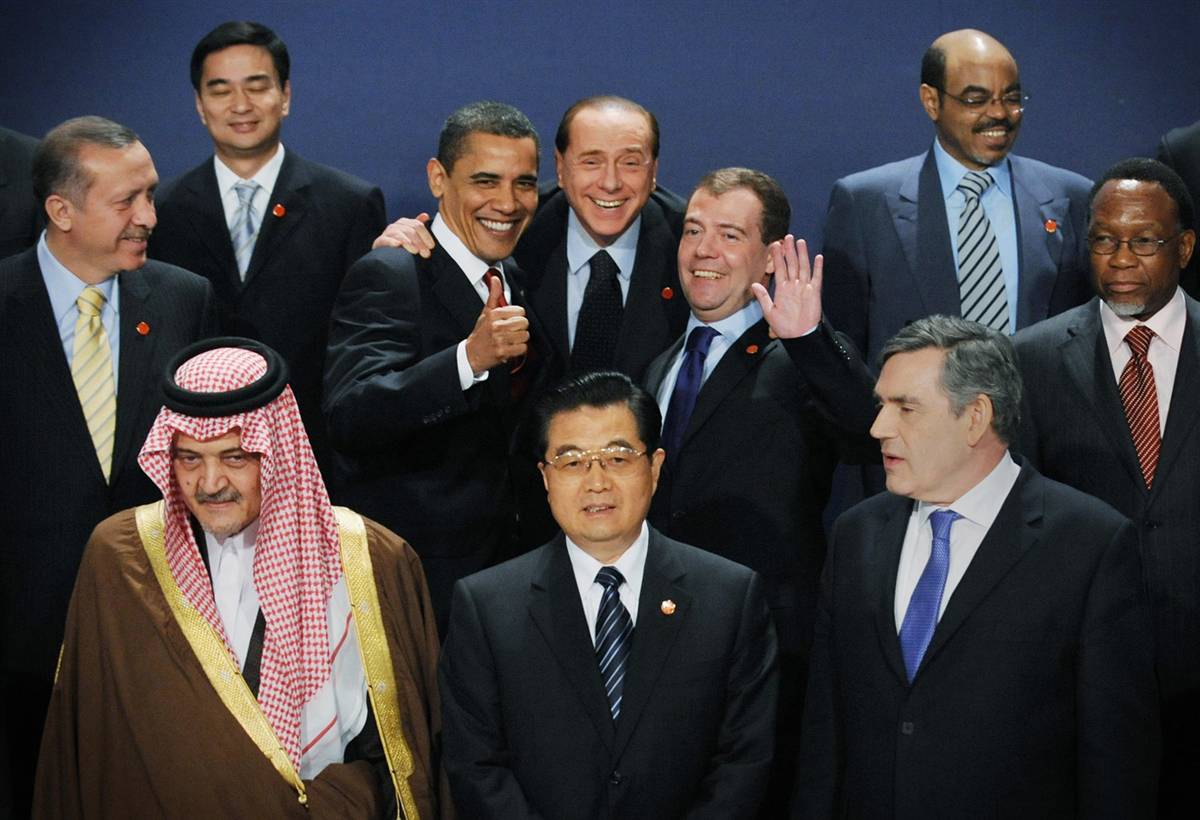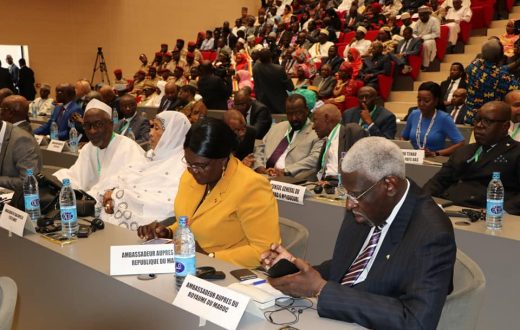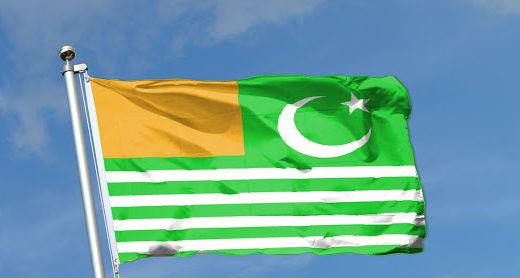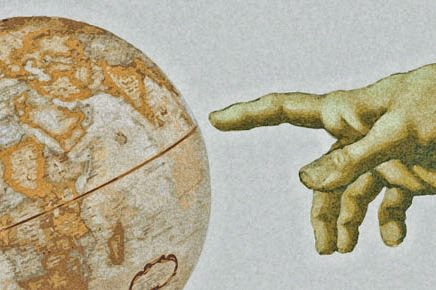Keeping the process on track
It is clear that the foreign affairs strategy under the fourth republic is based on the principles of good neighborliness and friendship, documenting and cementing the nudity of relations with neighboring countries and seeking good relations with the international community which are the principles of the Chadian foreign policy. Accordingly, Chad’s current foreign policies shapers need at this stage to adopt several factors, and develop a comprehensive constitution that takes into account diversity and sustainability in a changing world.
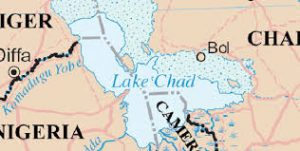
As a result of the above mentioned, there is a problem in implementing strategic plans in many fields, which led to the need of formulating a new foreign policy approach, with stronger elements in terms of planning, implementation, necessitating the reform of the country’s foreign policy under the fourth Republic. It is easy to believe that very little will change in today’s foreign policy of Chad unless the government undertakes wide-ranging economic and political reforms. Currently, few international investors would be attracted to Chad even though there were no restrictions on doing business, because the economy is in dire straits, corruption is rampant, conflict continues in northern parts of the country and the Lake Chad basin, in addition to the unstable financial and domestic political conditions.
Based on these facts, any political analyst can understand the deep causes that have led to the trends of the Chadian foreign policy in recent years. Thus when diplomats with no known foreign policy experience thrust into the great office of the foreign affairs ministry; the question now is what will he do with it? Perhaps his greatest advantage as a Chadian diplomat is that he is trusted by the president. There is no doubt that there are other reasons to add to the abyss of the aforementioned reasons. In the forefront is the inability of Chad to achieve an innovative economic, theoretical and practical political thought has a real impact on the mood of citizens.
Moreover, the failure of building national institutions that implement soft power strategies locally and outside national borders has negatively affected the Chadian foreign policy, which has entrenched the rigidities of its diplomatic institutions and prevented it from seriously contributing to the development of a sophisticated architecture of the network of material and symbolic relations at the regional and international theater levels. Thus, it is true that the main reason for the weakness of Chad’s foreign policy is not just the weakness of the people involved in planning of the Chadian foreign policy, but also the absence of a Chadian strategic policy which has its own uniqueness, cultural, educational and technological appeal. Therefore, it is clear that the current strategic plans of Chad’s foreign policy in terms of preparation were not deficient in relation to the scientific approach customary in the strategic planning, implementation and follow-up, the country may have smart foreign policy plans, but the failure was in the process of the implementation of these plans and the means by which implementation of the strategic plans which necessitates reform in the Chadian foreign policy.
Rebuilding Chad’s foreign policy
In the future vision of the Chadian foreign affairs policy, the development of a new strategic vision with new leadership requires a consolidation of external political discourse in Chad – any foreign policy making process must emanate from the bottom-up culture, geographical and political history of the Chadian people, which requires a good reading of the ethnic and country’s diversity and its tendency towards democracy, freedom and consultation.

Further, as these diverse interpretations indicate, the future of liberal internationalism in Chad’s foreign policy is uncertain. However, the ministry of foreign affairs should play its desired role by restructuring it in a way that keeps abreast of the changes. In today’s Chad, the country’s foreign policy has to be reconsidered, the establishment of a Supreme Council for Chadian Foreign Policy and a National Foreign Service Training Institute is the most reasonable and appropriate way to avoid the temperamental acts that occur in the Chadian diplomatic environment, as well as to re-breathe the spirit in popular diplomacy, which has become a source of pressure and an important influence in the decisions of many states.
It is clear that there is a need to formulate an effective strategy to reform Chad’s foreign policy under the new constitution that brought out the birth of the Fourth Republic. This strategy must be agreed upon by international relations professionals. In formulating such strategy; it is necessary to attract some important principles that control foreign policy. First, foreign policy works to serve the common interests of the country. These interests may be political, economic, security or cultural, which means the need to improve diplomatic relations with neighboring countries and all countries of the world, including Qatar and Israel – diplomatic relations that depend on mutual respect and collaboration.
As successful public diplomacy requires assigned structure, defined interests, roles, and effective means of communication, therefore, it is necessary to address clearly the real domestic policy of the county – structuring a good SWOT analysis – which is the main determinant of its foreign affairs policy. National challenges that affect the implementation of foreign policy must be addressed independently in a unique framework in order to have a full understanding and comparing the politics of different departments which are highlighted by the problem of rebuilding the country and achieving national political integration.
Even though Chad generally enjoys good relations with most of its neighboring states, it has been playing a major role in the political and military landscape of the African continent, however, the country has been marginalized when it comes to effective media in foreign relations, which means that the Chadian foreign affairs ministry should train media professionals and diplomats to gain knowledge and experience in the art of media influence in different social environments, and provide the necessary tools and communication devices.
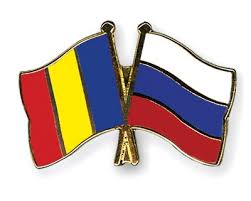
Meanwhile, Chad needs to adopt an open foreign policy, relying mostly on soft power tools such as media, economy, diplomacy and humanitarian works. The country’s new strategy should maintain good relations with all of its neighbors, regardless of their contradictory policies towards each other, notably CAR and Sudan – the country should open its southern border with the strife-wracked Central African Republic. In addition, Chad is in need to form alliances with major powers such as the United States, China, Russia and the European Union, and medium powers including KSA, Israel, Qatar and Turkey, while working on creating its own unique African brand.

